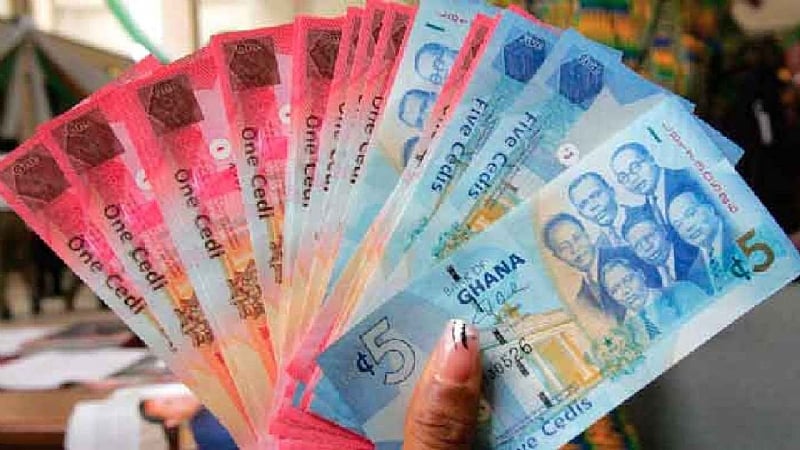The Ghanaian Cedi has recently experienced a depreciation against the United States dollar, with both buying and selling rates declining by 4 pesewas in comparison to the previous Monday. As of 10:17 AM on Wednesday, October 16, 2024, the buying rate stands at GHS15.88, while the selling rate is GHS16.36. These rates reflect data collected from Cedirates.com, a reputable platform in Ghana that specializes in currency and fuel rate updates. Additionally, the interbank rates for the Cedi show a slightly more favorable position, with a buying rate of GHS15.89 and a selling price of GHS15.91 against the US dollar.
In terms of other major currencies, the British Pound Sterling and the Euro are also witnessing specific rates against the Cedi. The average buying rate for the Pound Sterling is GHS20.57, with a selling rate of GHS21.39. For the Euro, the purchasing and selling rates are reported at GHS17.16 and GHS17.91, respectively. On the interbank market, the Bank of Ghana lists the selling rate for the Pound at GHS20.81 and for the Euro at GHS17.34, indicating stable yet fluctuating positions in relation to these currencies.
For individuals looking to send money to Ghana from the United States or the United Kingdom, services like LemFi and Afriex provide accessible exchange rates. Specifically, sending money to Ghana through LemFi offers a rate of GHS15.93 per dollar, while Afriex provides a slightly higher rate of GHS15.42. These platforms ensure that money transfers are competitive and efficient, which is crucial for those supporting friends and family back home. They also provide updated rates for the Pound Sterling and Euro, with offerings for the Pound at GHS20.71 and GHS21.01, respectively, while Afriex lists a selling rate of GHS16.94 for €1.
Moreover, for those who plan to utilize services such as Netflix, Spotify, or Apple Music via Visa and MasterCard payment processors, the dollar is exchanged at a rate of GHS17.17. This rate represents an essential aspect for consumers who need to consider conversion costs during transactions. As global exchanges and subscriptions increasingly become part of everyday life, understanding these rates can lead to better financial decisions for individuals utilizing foreign services from Ghana.
The recent trends in currency exchange rates paint a complex picture of the Ghanaian economy, underlining the persistent challenges faced by the Cedi in the international market. The exchange rates fluctuate not only according to specific trading conditions but also influenced by international economic factors and local market dynamics. Continued monitoring of the Cedi’s performance will be vital for businesses and individuals involved in importation and other cross-border transactions as they aim to mitigate the impact of currency devaluation on their financial operations.
Despite the challenges associated with the depreciation of the Cedi, opportunities for remittance services and competitive exchange platforms remain pertinent. As people continue to navigate the financial systems between Ghana and other countries, an awareness of real-time rates can empower individuals to make informed choices related to personal finance, remittances, and expenses associated with international subscriptions. By leveraging positive exchange options, both consumers and businesses can better position themselves to manage their financial needs amidst the complexities of currency fluctuations.














